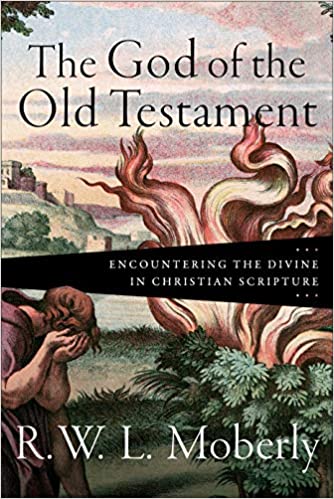Q. Near the very end of the book you make some passing remarks that many Christians will find jarring. For example, you say on p. 248 that the notion of a particular coming messiah is not found in the OT (not even in Is. 52-53, as some NT writers thought?). On the following page you say that the writers of the Bible did not conceive of God as triune. It seems to me that the latter is not quite accurate of some NT writers. As Larry Hurtado tirelessly point out, various NT writers have at the least a binitarian view of the nature of God, with Christ not only called God some seven times, but worshipped and prayed to as such. I have often said that the raw data of a Trinitarian way of thinking about God is indeed present in the NT, seen for example in the baptismal story of Jesus in Mark 1, or in the doxologies that are 3 fold, but of course the full articulation of such a theology comes after the NT era. It seems to me that you can say more than that the OT points forwards towards the Christ. You can say that God set up types and ideas in the OT which would find their fulfillment in Christ. All the promises of God, as Paul says are Yea and Amen in Christ Jesus, and all the prophecies, sacrificial systems etc. are seen as being ultimately fulfilled in Christ. Of course fulfillment is not the same thing as prediction. The OT writers could say more than they realized, or as Peter in 1 Peter 1 says, they longed to look into what they were prophesying about but were not fully informed. Could you unpack your perspective as expressed on pp. 248-49 a bit more?
A. I am dismayed that you think many Christians will find my passing comments to be jarring, not least because I do not think that in substance I am saying other than what you are saying here! When you say that “the raw data of a Trinitarian way of thinking about God is indeed present in the NT… but of course the full articulation of such a theology comes after the NT era” I do not disagree, for in the book I say “an understanding of God as triune is rooted in, yet goes beyond, what the NT itself says” (p.248, n.8). But I’m sorry if my comparison between the messiah in the OT and the Trinity in the NT does not help clarify in the way I intended.
Specifically with reference to “the messiah”, my point is partly philological, as the common formulation “the messiah”, which would be hammashiah in Hebrew, cannot be found anywhere in the OT (though the Hebrew term occurs adjectivally as part of the formulation “the anointed priest”, hakkohen hammashiah, Lev. 4:3). It is also partly substantive, that no single figure, conceived as “the messiah”, is anywhere depicted in the OT as a hope or expectation. Different threads within the OT were drawn together to articulate the hope for a specific figure, “the messiah”, but this is a post-OT development. Of course, Christians rereading the OT found the depiction of the servant of the LORD in Isaiah 52-53 to be so resonant of Jesus that they found it natural to read Jesus in the light of Isaiah 52-53 and vice versa (and it is also possible that Jesus himself appropriated this passage as part of his understanding of his ministry and mission). And that is right and proper, as Christians still find the resonances to be powerful. Isaiah 52-53 in itself neither speaks of the servant as “the messiah” nor does it depict a hope for his appearance in the future rather than give an account of what he has already accomplished (53:1-10a) and its anticipated consequences by the LORD’s action (52:13-15, 53:10b-12). But when it is read in the canonical context of the whole Christian Bible it has dimensions of meaning that go beyond those of its OT context.
Whatever these details, I don’t think we really disagree here. We both see organic development from the content of the biblical text to some of the central formulations of Christian faith. My point in the book is a caveat about a rule of faith, a recognition that a rule of faith rooted in Scripture is not immutable but open to growth and development within living communities of faith.
Ben: Thank you for your careful reading of my book, and your good questions. May this discussion be of some help to its readers.













